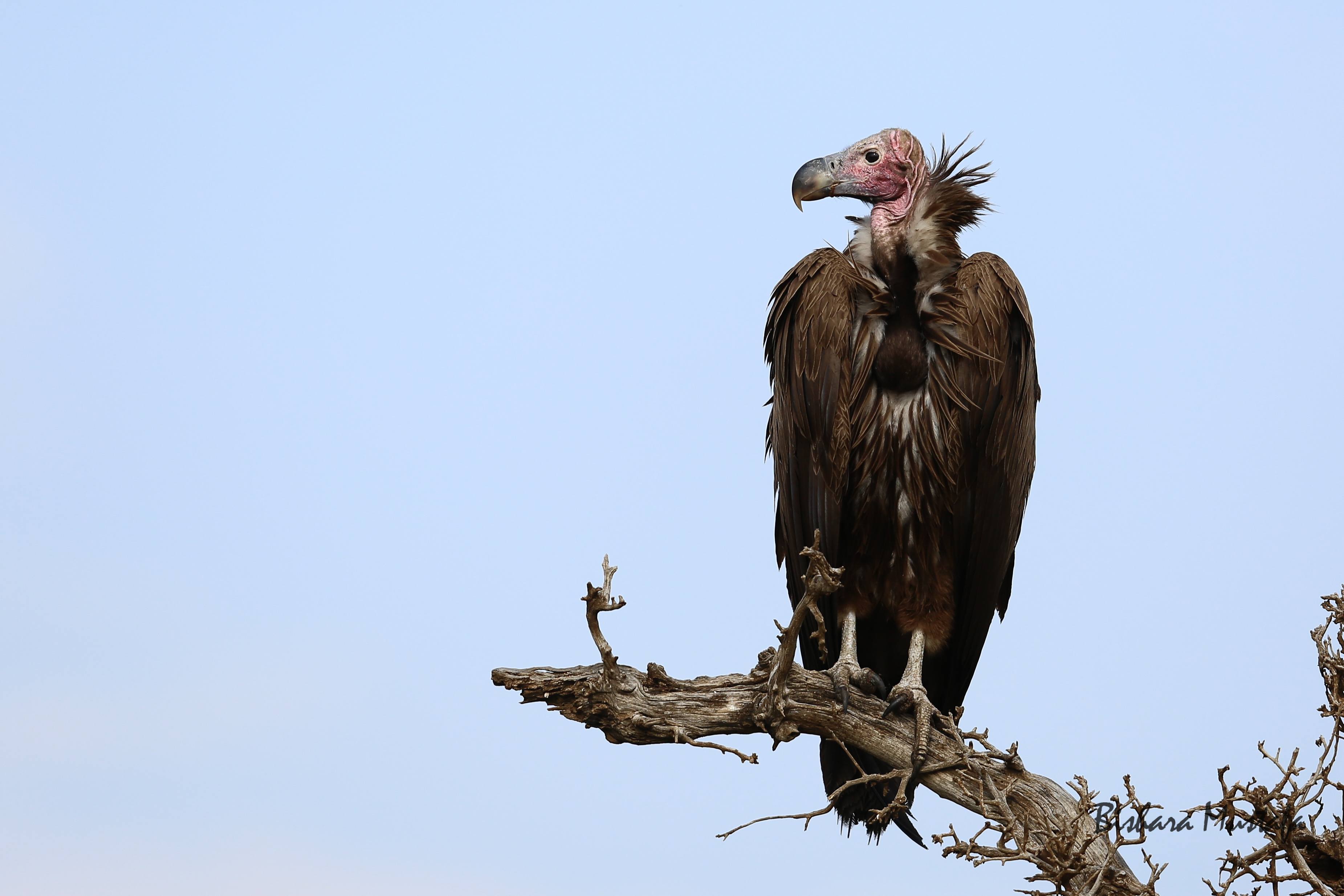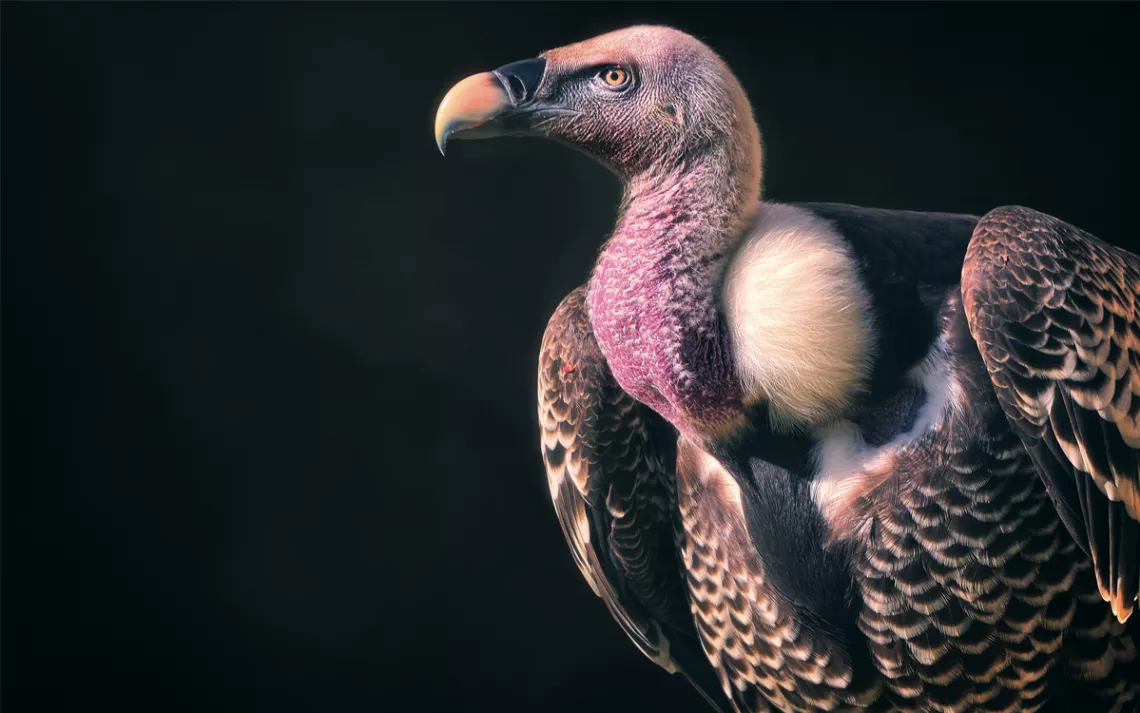Scavenger Birds
Understanding the Ecological Importance of Scavenger Birds
Scavenger birds, sometimes unfavorably perceived due to their dietary habits, serve a critical ecological role. These feathered creatures are not merely diners of the deceased; they are vital custodians of the environment, cleansing landscapes of carrion that, if left to rot, could propagate harmful diseases. In this detailed look at scavenger birds, we highlight their significance, diversity, and the balance they maintain in our ecosystems.
The Role of Scavenger Birds in Nature
Beyond their association with death and decay, scavenger birds are integral to a healthy ecosystem. By feeding on dead animals, these birds prevent the spread of diseases and accelerate the decomposition process, thereby maintaining the sanitation of their habitat. Without scavenger birds, the consequences would be dire, leading to an increase in pathogens and pests that could affect other wildlife and even humans.

Examples of Key Scavenger Birds:
- Vultures: The quintessential scavengers, vultures, are highly specialized for this role and found across various continents.
- Crows and Ravens: Intelligent and adaptable, members of the corvid family often scavenge when the opportunity arises.
- Eagles: Though commonly known as predators, many eagle species will not shy away from scavenging when available.
Characteristics of Scavenger Birds

Scavenger birds come equipped with features that aid in their scavenging lifestyle. Strong beaks capable of tearing flesh, excellent eyesight for spotting carcasses from great distances, and digestive systems adapted to handle bacteria-laden meat are just a few of their specialized traits.
Physical Adaptations:
- Powerful Beaks and Talons: Essential for breaking through tough skin and accessing the internal nourishment of a carcass.
- Keen Vision: They can locate food over vast areas, an adaptation crucial for survival.

Scavenging Bird Species Around the World
Scavenger birds are not limited to just one family or group; they span various species across different continents. Below is a detailed table outlining some of the bird species that perform the role of nature's cleanup crew:
![]()
| Common Name | Scientific Name | Habitat | Notable Features |
|---|---|---|---|
| Turkey Vulture | Cathartes aura | Americas | Excellent sense of smell, red head, large wingspan |
| Black Vulture | Coragyps atratus | Americas | Social birds, dark plumage, short tail |
| Andean Condor | Vultur gryphus | South America | Largest flying bird in terms of wingspan |
| African Marabou | Leptoptilos crumenifer | Sub-Saharan Africa | Long legs, bald head, pouch hanging from its neck |
| Yellow-headed Caracara | Milvago chimachima | Central and South America | Opportunistic feeder, striking yellow head |
The Threats Faced by Scavenger Birds
Despite their critical role, scavenger birds face numerous threats. Habitat loss, poisoning (often from lead bullets or pesticides in carrion), and persecution based on misconceptions are all contributing to a decline in scavenger bird populations. Protection efforts are vital to ensure these birds continue their ecological service.
Conservation Efforts for Scavenger Birds
Does Mcdonalds Accept Google Pay Samsung Pay
Various programs and initiatives are dedicated to the conservation of scavenger birds. These include:
- Legal Protection: Many countries have laws in place to protect scavenger birds, such as the Migratory Bird Treaty Act in the United States.
- Education and Outreach: Raising awareness about the importance of scavenger birds can help reduce persecution and promote respect.
- Research and Monitoring: Ongoing studies help deepen our understanding of scavenger bird populations and inform conservation strategies.
Conclusion
Scavenger birds, the unsung heroes of our ecological systems, are more than merely consumers of the dead. They are a pillar of biological sanitation, protectors against disease, and a symbol of the delicate balance within nature’s web. It behooves us to understand, appreciate, and protect these avian allies for the continued health of our shared environment.
In Closing:
Recognizing the value of scavenger birds encourages us to safeguard these species for future generations. Let us honor these guardians of ecological health by supporting their conservation and recognizing their indispensable place within the tapestry of life.
By acknowledging the critical role of scavenger birds, we not only foster a more balanced ecosystem but also enrich our understanding of the interconnectedness of all living beings. Their survival is our shared responsibility.





